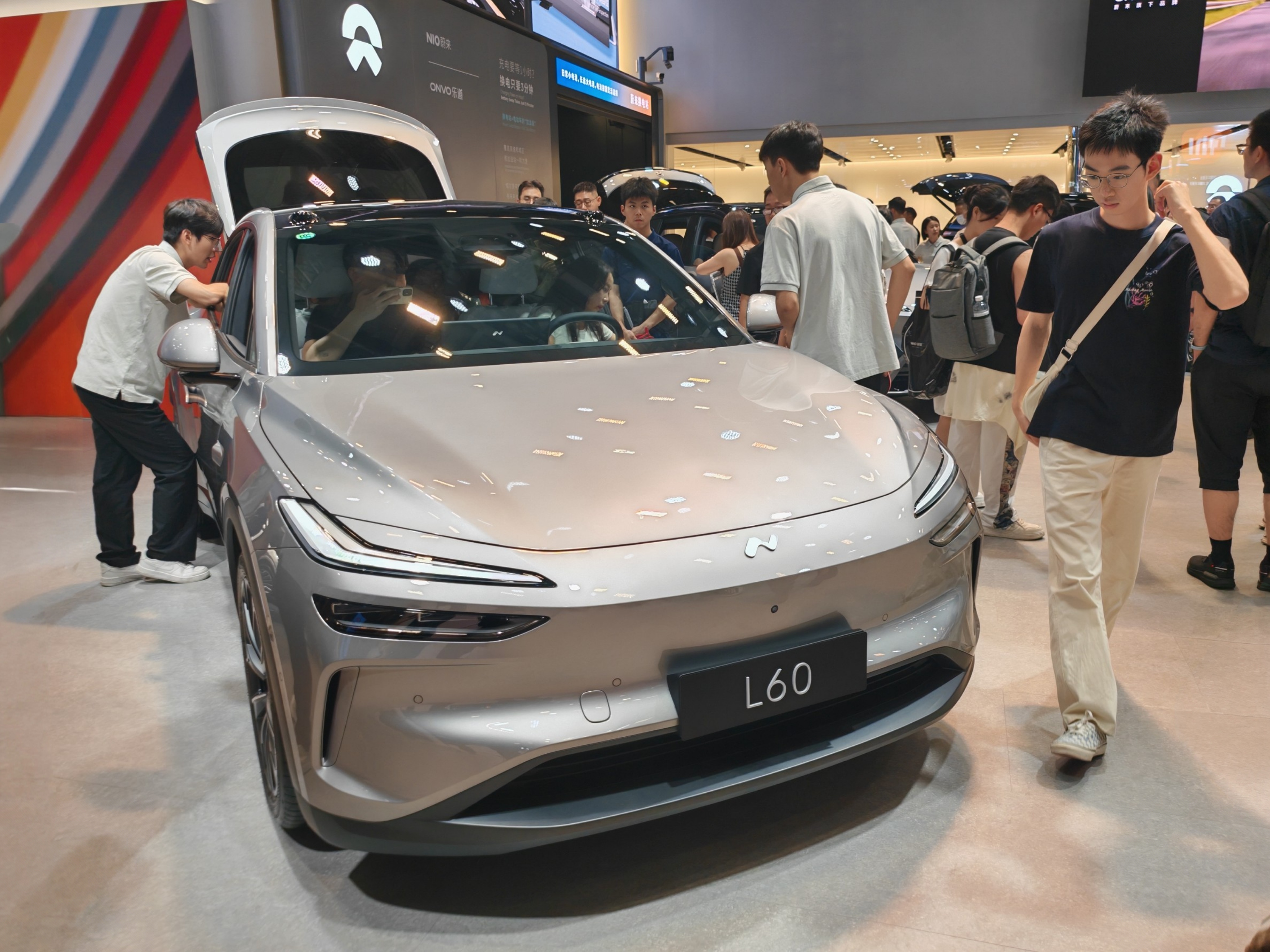Squeezed profit margins are harming companies' long-term ability to innovate electric and smart technology, says auto council president

In a critical period of the auto industry's transition toward intelligence and electrification, the Chinese market has been caught in a fierce price competition. The trend has drawn opposition from auto executives, as it not only erodes corporate profits but threatens long-term sustainability in the sector.
Wang Xia, president of the automotive sub-council at the China Council for the Promotion of International Trade, revealed data showing that there were more than 200 models discounted in 2024. While the Chinese auto market achieved a 4.5 percent year-on-year increase in sales, the profit margin dropped to 4.3 percent, lower than the industry average and 2023.
From January to April this year, more than 60 models in the domestic market experienced price reductions. Although sales growth exceeded 10 percent year-on-year, the profit margin fell to 3.9 percent.
READ MORE: Global auto giants look to China for future vision
Continuous sales growth alongside declining profits, and even widespread losses, contradict the normal market dynamics of orderly competition, Wang said. He was speaking at the 2025 Man Machine Mobility conference in Shenzhen, Guangdong province, in late May.
"Technological enhancement is the core of the current auto industry revolution. Continuous investment in research and development is like building internal strength, while price wars deplete this strength.
"If R&D investments are reduced due to price wars, even winning the current market could lead to losing in the long term," he added.
Auto executives echoed Wang's words. Jin Yuzhi, CEO of Huawei's intelligent automotive solutions business unit, said that Huawei invests more than 10 billion yuan ($1.39 billion) in auto intelligence each year. This investment is driving breakthroughs in core technologies and enhancing competitiveness.
Huawei aims to assist automakers in building high-quality vehicles, focusing on R&D as well as the production of intelligent components to enhance the overall quality and safety of automobiles, Jin said at the conference.
Nio's founder and chairman, William Li, said that Nio is steadfast in its investments in R&D and infrastructure. He said that smart driving chips, a full-stack vehicle operating system and intelligent chassis are the three core components of smart vehicles, which Nio has invested in and achieved progress.
The company released the first version of Nio World Mode in late May, a leap in intelligence with upgraded technology in active safety, high-speed navigation, urban navigation and intelligent parking scenarios, benefiting more than 400,000 Nio vehicles.
In addition to advanced technology, Nio excels in providing infrastructure services. It has set up more than 3,300 battery swapping stations and more than 20,000 charging piles nationwide, with 90 percent of such piles being used by other brands.
According to Li, 2025 will be a big year for Nio in terms of product launches. The company plans to introduce nine new models under the Nio, Onvo, and Firefly brands. In the third and fourth quarters, an Onvo model is set to be launched. It delivered 23,231 vehicles in May, up 13.1 percent year-on-year.
He Xiaopeng, CEO of XPeng, said that high computing power and AI large models set the upper limit for smart vehicles, with computing power key for evaluating assisted driving; safety is the baseline, and improved visual perception and reinforcement learning enhance AI vehicle safety.
XPeng is currently pretraining advanced AI models, which includes reinforcing a massive 72-billion-parameter model, with the goal of bringing XPeng's AI system to the global market by 2026.
ALSO READ: Report: China's car trade-in subsidies drive NEV surge
Horizon Robotics founder and CEO, Yu Kai, said that as a provider of autonomous driving solutions, the company has accumulated the largest scenario library in the industry. Each version release undergoes an accumulation of more than 10 million kilometers of experience.
In 2024, nearly 3 million cars were equipped with Horizon Robotics' assisted driving technology, securing the top market share.
At the 2025 China Auto Chongqing Summit on Friday, auto executives also delivered their insights. Zhu Huarong, chairman of Changan Automobile, pledged to participate in global market competition in compliance with laws and regulations, achieving long-term healthy development through high-quality products, reliable quality and caring services.
Duan Jianjun, CEO of Beijing Mercedes-Benz Sales Service Co, said that competition in the auto industry has never been a 100-meter sprint but a marathon. For companies to go far and steady, they must adhere to the bottom line of value.
Contact the writer at caoyingying@chinadaily.com.cn


